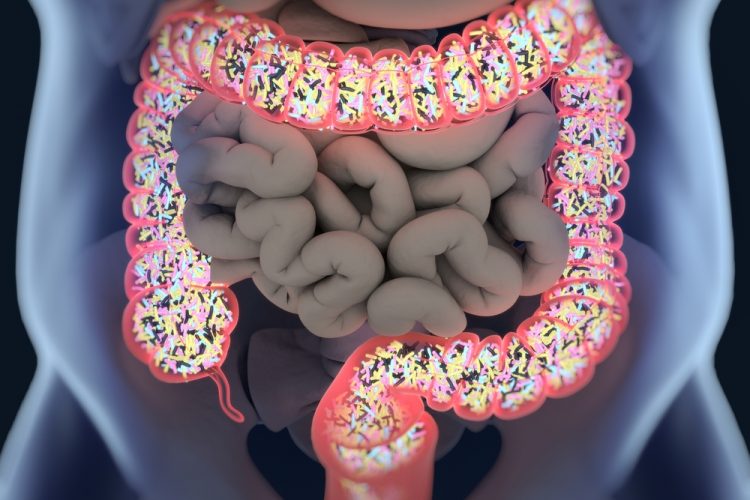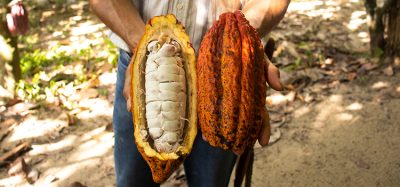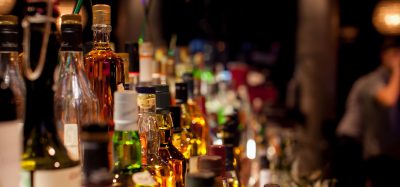Gut feeling – could the microbiome be responsible for food cravings?
- Like
- Digg
- Del
- Tumblr
- VKontakte
- Buffer
- Love This
- Odnoklassniki
- Meneame
- Blogger
- Amazon
- Yahoo Mail
- Gmail
- AOL
- Newsvine
- HackerNews
- Evernote
- MySpace
- Mail.ru
- Viadeo
- Line
- Comments
- Yummly
- SMS
- Viber
- Telegram
- Subscribe
- Skype
- Facebook Messenger
- Kakao
- LiveJournal
- Yammer
- Edgar
- Fintel
- Mix
- Instapaper
- Copy Link
Posted: 21 April 2022 | Abi Sritharan (New Food) | No comments yet
Does the microbiome have an influence on what we crave to eat? Scientists from the University of Pittsburgh think it may well do after a new study involving mice.


Are you in charge of what you eat? A new study suggests that maybe we’re not as in control of our diets as we think. A study by the University of Pittsburgh has found that the microbes in animals’ guts influence what they choose to eat, and even prompt cravings for different kinds of food. Could the same also be happening in humans too?
Despite decades of speculation by scientists about whether microbes could influence our preferred diets, the idea has never been directly tested in animals bigger than a fruit fly, according to the researchers behind this study. To explore the question, the team gave 30 mice that lacked gut microbes a cocktail of microorganisms from three species of wild rodents with very different natural diets.
They found that mice in each group chose food rich in different nutrients, showing that their microbiome changed their preferred diet. The findings of the study have been published in the journal Proceedings of the National Academy of Sciences.
“We all have those urges — like if you ever you just feel like you need to eat a salad or you really need to eat meat,” said Kevin Kohl, co-author of the study. “Our work shows that animals with different compositions of gut microbes choose different kinds of diets.”
Your gut and your brain are in constant conversation, with certain kinds of molecules acting as go-betweens. One such messenger will be familiar to anyone who’s had to take a nap after a turkey dinner: tryptophan.
“Tryptophan is an essential amino acid that’s common in turkey but is also produced by gut microbes. When it makes its way to the brain, it’s transformed into serotonin, which is a signal that’s important for feeling satiated after a meal,” Brian Trevelline, co-author of the study, said. “Eventually that gets converted into melatonin, and then you feel sleepy.”
The study also showed that mice with different microbiomes had different levels of tryptophan in their blood, even before they were given the option to choose different diets — and those with more of the molecule in their blood also had more bacteria that can produce it in their gut.
“There are likely dozens of signals that are influencing feeding behaviour on a day-to-day basis,” said Trevelline. “Tryptophan produced by microbes could just be one aspect of that.”
The scientists remind us that there’s still more research to do before you should start distrusting your food cravings, though. Along with not having a way to test the idea in humans, the team didn’t measure the importance of microbes in determining diet compared to anything else.
“It could be that what you’ve eaten the day before is more important than just the microbes you have,” Kohl said. “Humans have way more going on that we ignore in our experiment. But it’s an interesting idea to think about.”








